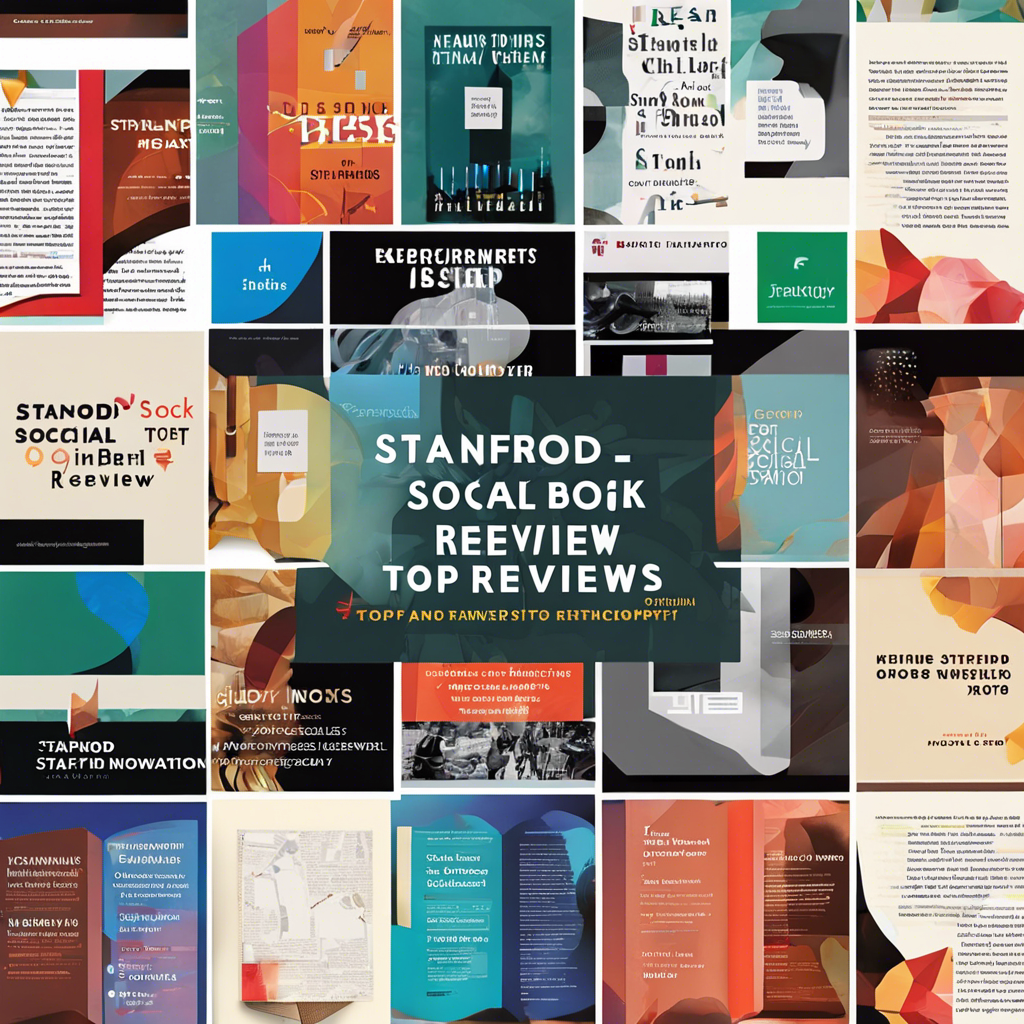A Bioengineer’s Breakthrough in Menstrual Hygiene Products Sheds Light on the Potential of Frugal Innovation
In a world where scientific and technological advancements are often associated with high costs and resources, a growing movement is gaining recognition for its ability to improve lives using local knowledge and sustainable materials. Frugal innovation, the process of creating low-cost products for mass consumption, is challenging the notion that innovation must emanate from shiny city-center buildings. A recent study in Communications Engineering provides a compelling example of frugal innovation’s potential impact by addressing the lack of access to affordable menstrual hygiene products for half a billion people worldwide.
Tapping into Local Resources: The Sisal Plant as a Solution
Bioengineer Manu Prakash and his team at Stanford University have tackled the issue of high-cost menstrual pads by utilizing the sisal plant (Agave sisalana). This plant, abundant in central America and parts of Africa, is known for its hardiness and ability to thrive in arid conditions. Traditionally used to make rope, the long leaves of the sisal plant can be processed through delignification, a technique that transforms them into fluffy and absorbent material suitable for menstrual pads. The team is now exploring ways to scale up production, offering a sustainable and cost-effective alternative to conventional materials.
The Rarity of Frugal Innovation in Scientific Literature
While frugal innovation has been extensively studied in the social sciences, it remains relatively uncommon in natural sciences literature. This disparity can be attributed to the historical prioritization of research and engineering efforts in high-income countries, where frugal innovation has not been a focal point. However, leading scientific journals, including those within the Nature Portfolio, are actively working to change this narrative. Recognizing the relevance of frugal innovation in accelerating progress towards the United Nations Sustainable Development Goals (SDGs), these journals aim to highlight the potential impact of low-cost solutions.
The Historical Roots and Modern Applications of Frugal Innovation
Frugal innovation draws upon historical practices of using locally sourced ideas and materials to develop low-cost products and processes. In south Asia, this approach is encapsulated by the term “jugaad,” meaning “make do and mend.” However, defining frugal innovation poses a challenge, as some perceive it as compromising safety or performance. Yet, the COVID-19 pandemic has demonstrated the success and scalability of fast and frugal innovation, debunking the notion that it equates to subpar quality. Peer-reviewed journals play a crucial role in dispelling misconceptions and showcasing the potential of frugal innovation.
Scaling Up and Knowledge Sharing: Challenges and Opportunities
A key aspect of modern frugal innovation is the emphasis on scaling up to benefit the maximum number of people. While sharing knowledge through open-access literature is vital, intellectual-property rights also play a role in protecting creators’ rights and incentivizing innovation. In the case of Prakash’s team, they have chosen to make their methods and data openly available, providing research and development resources to entrepreneurs who lack the means to undertake such work themselves. However, it is important to recognize that frugal innovation alone is not a comprehensive solution and must be complemented by improvements in education and health services.
Conclusion:
The breakthrough in creating affordable menstrual hygiene products using locally available and sustainable materials highlights the power of frugal innovation. By challenging the notion that innovation requires significant resources, scientists like Manu Prakash are demonstrating that low-cost solutions can have a significant impact on improving lives. As policymakers, scientists, and journal editors increasingly recognize the value of frugal innovation, it is time to embrace this approach and ensure that it receives the attention and support it deserves. By doing so, we can foster a more inclusive and sustainable world.











